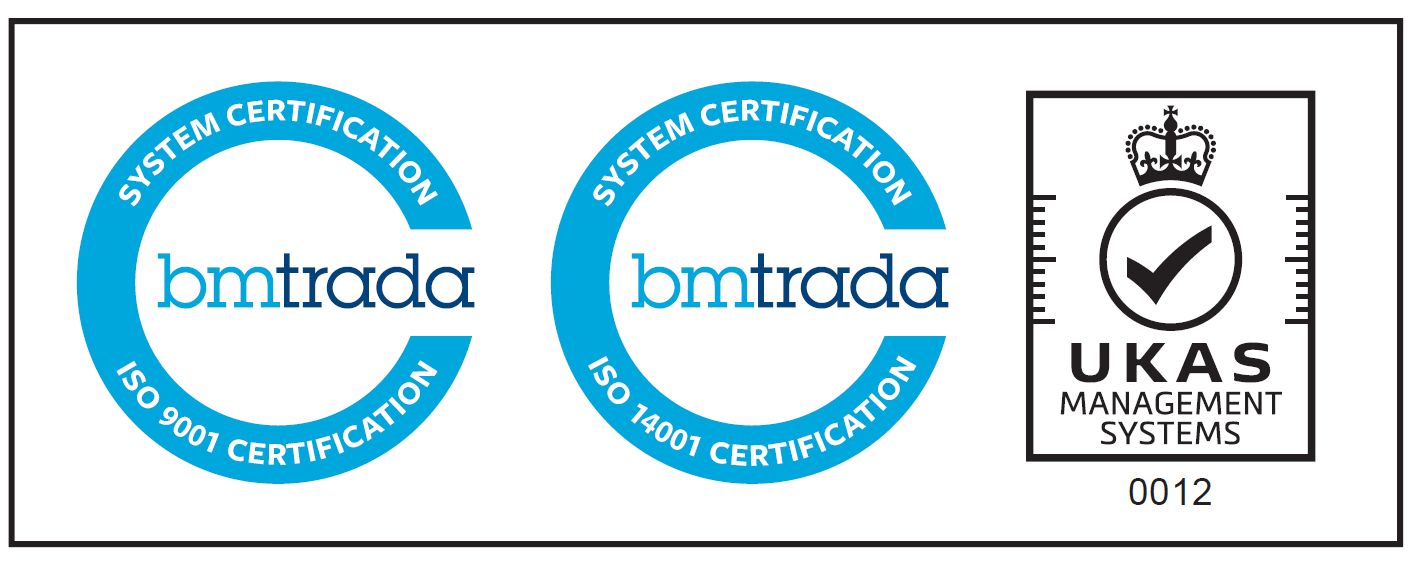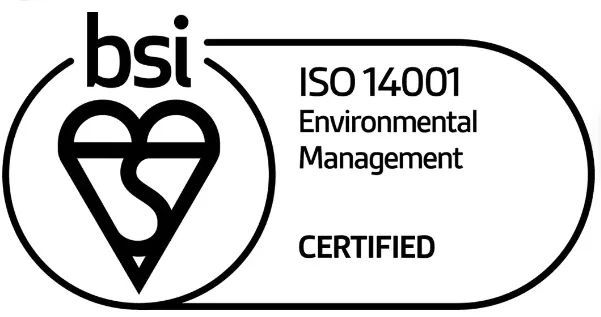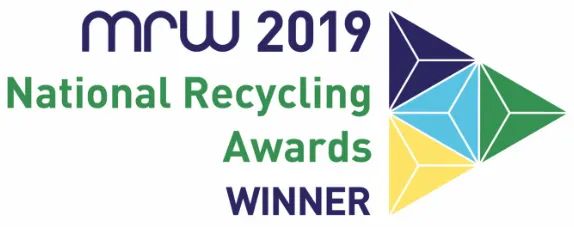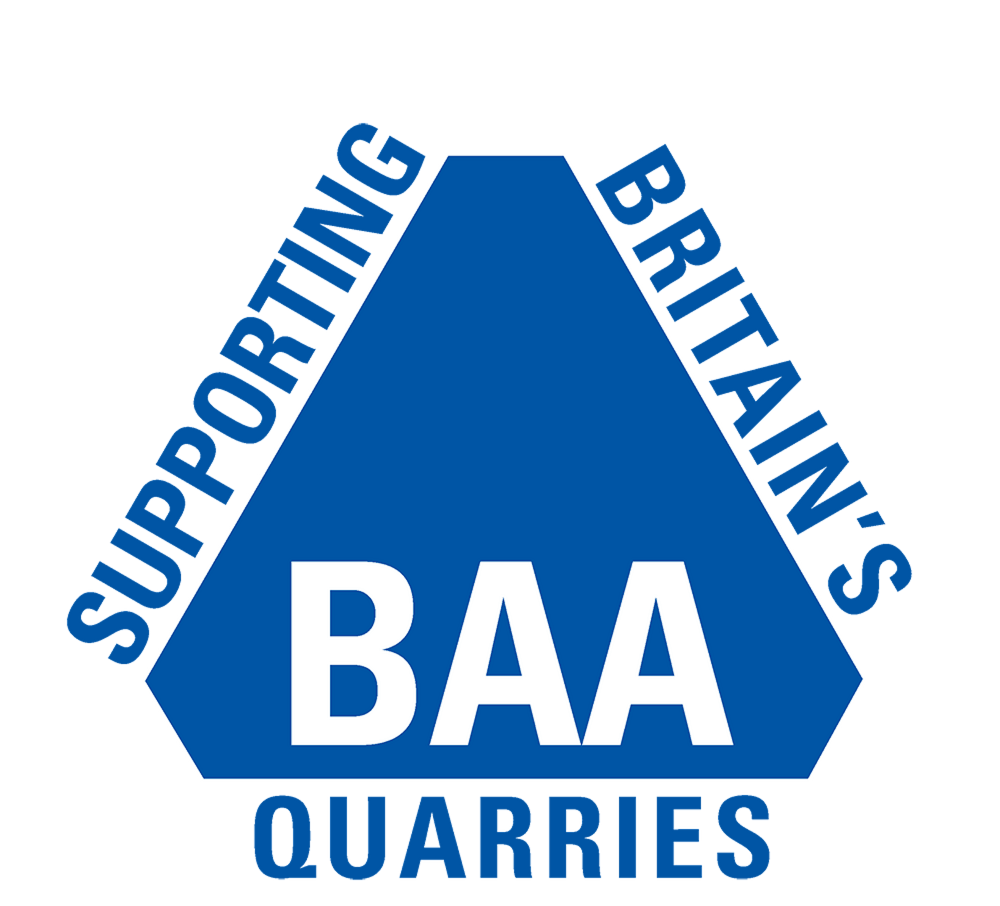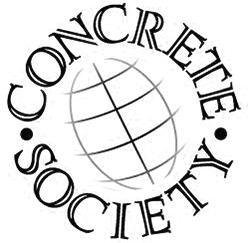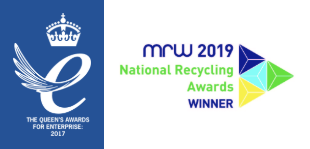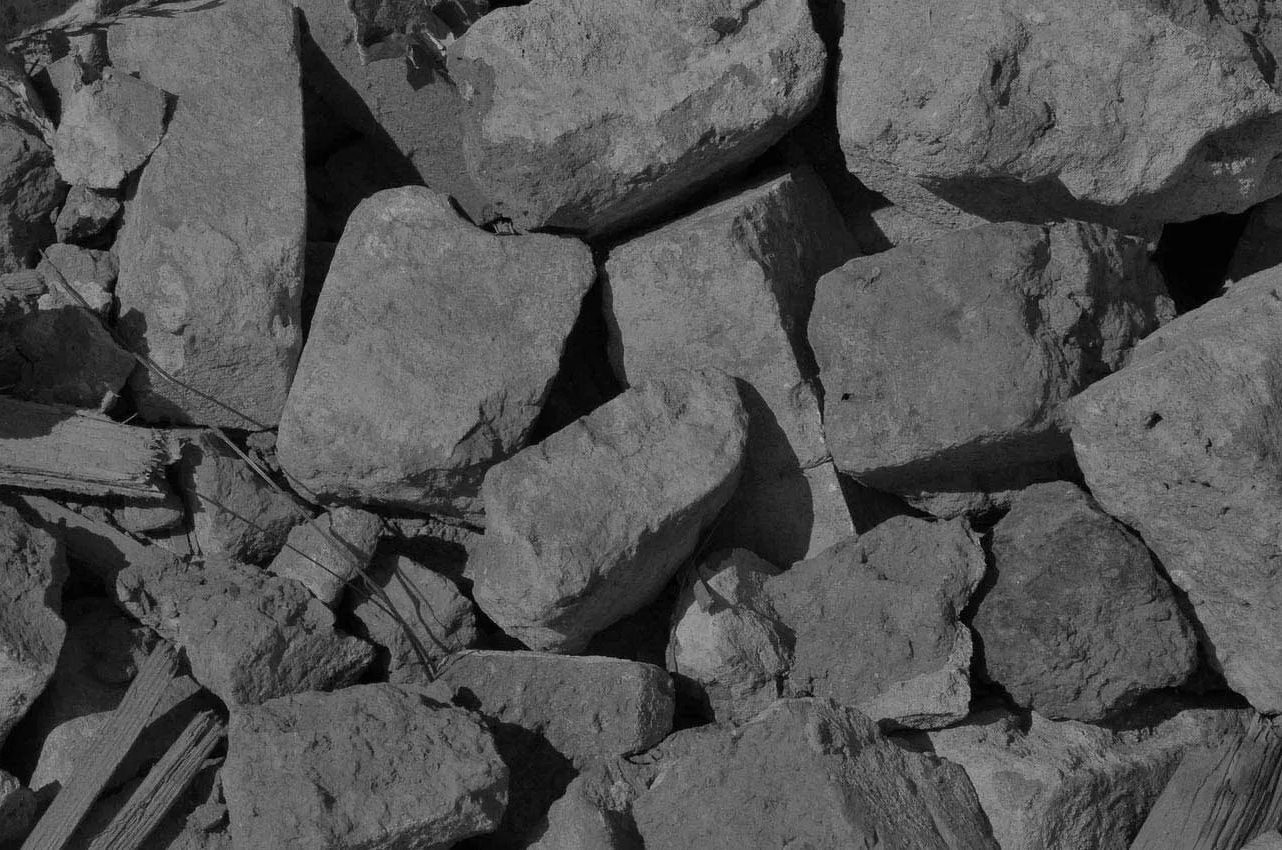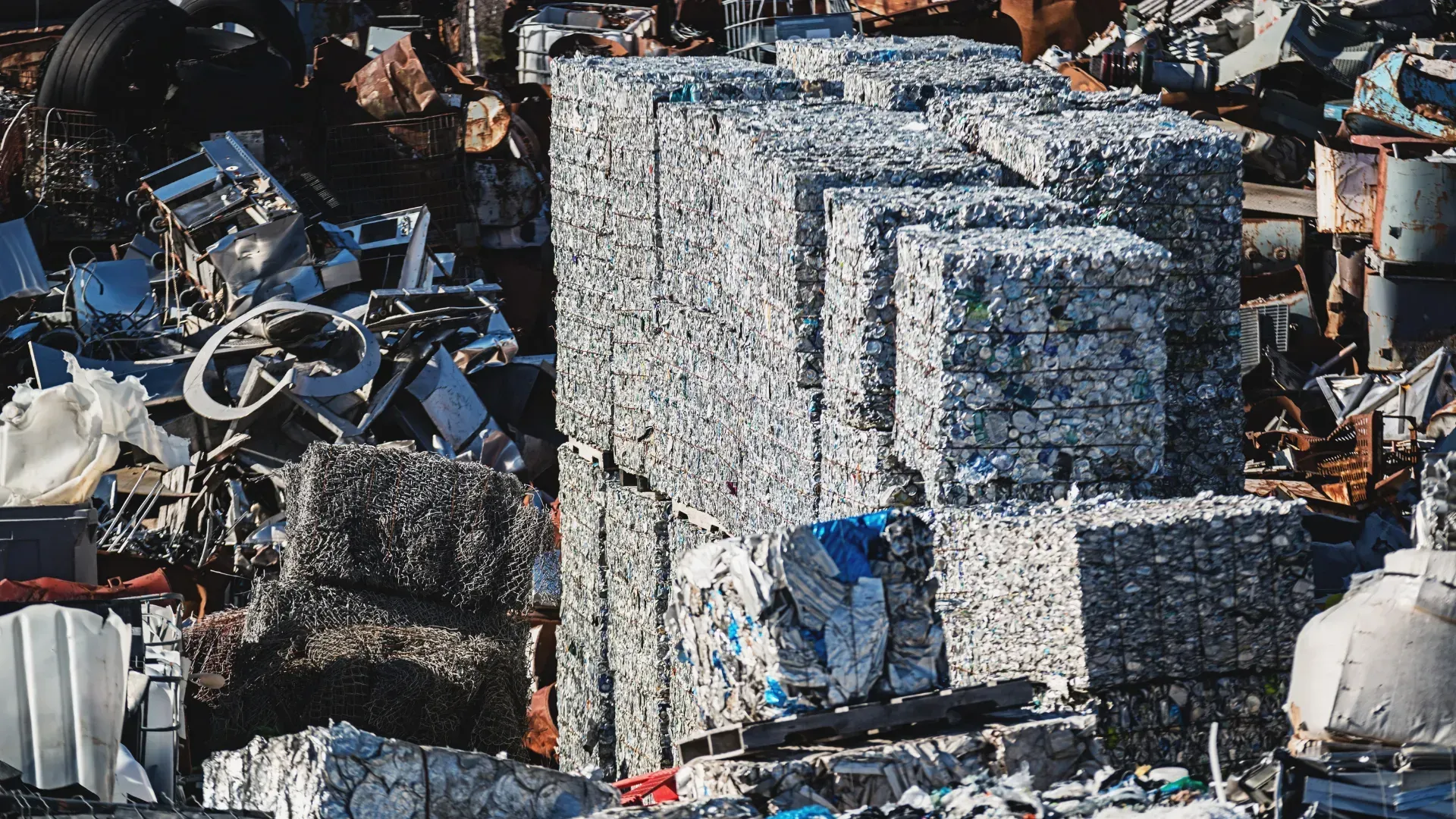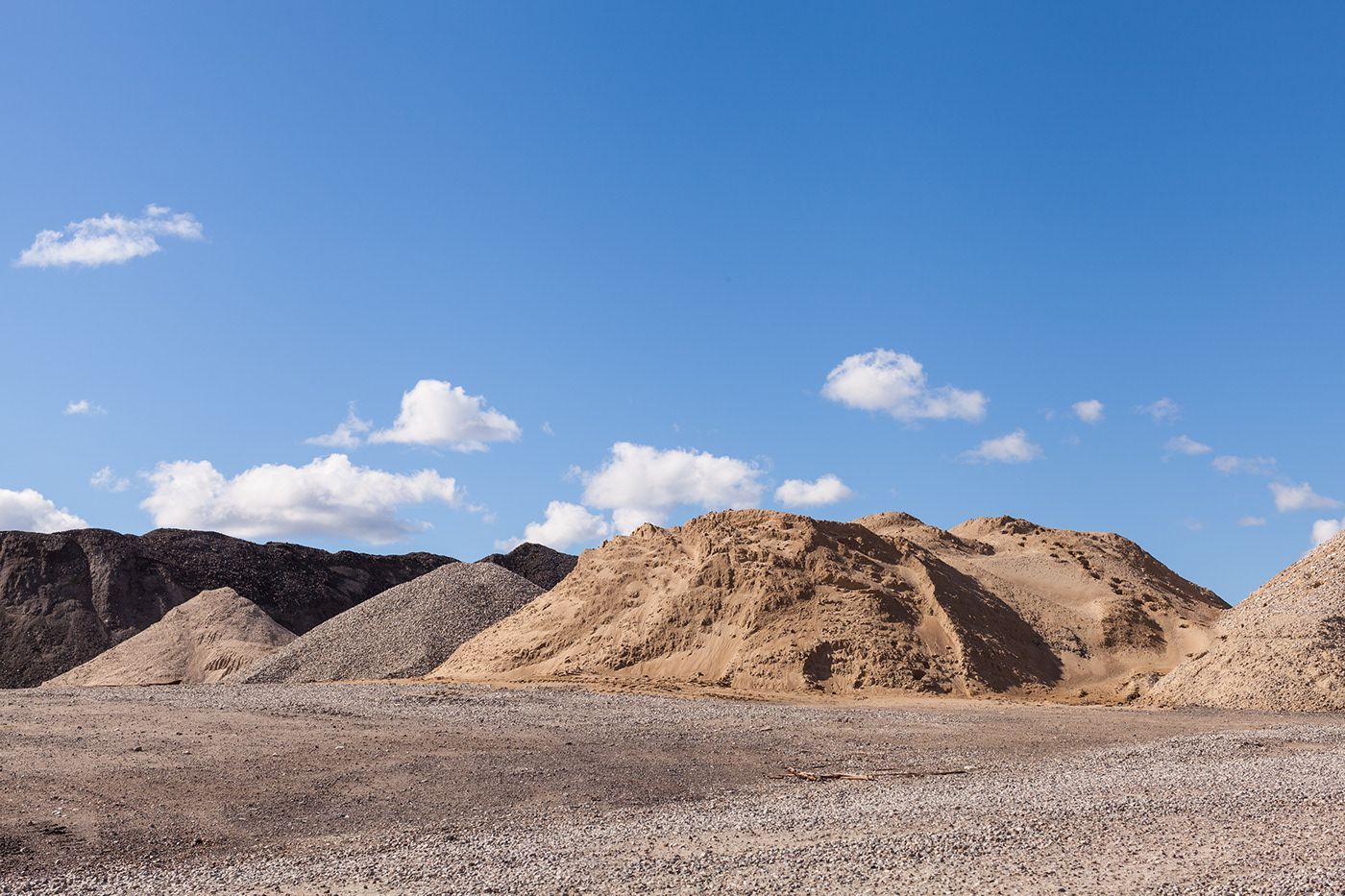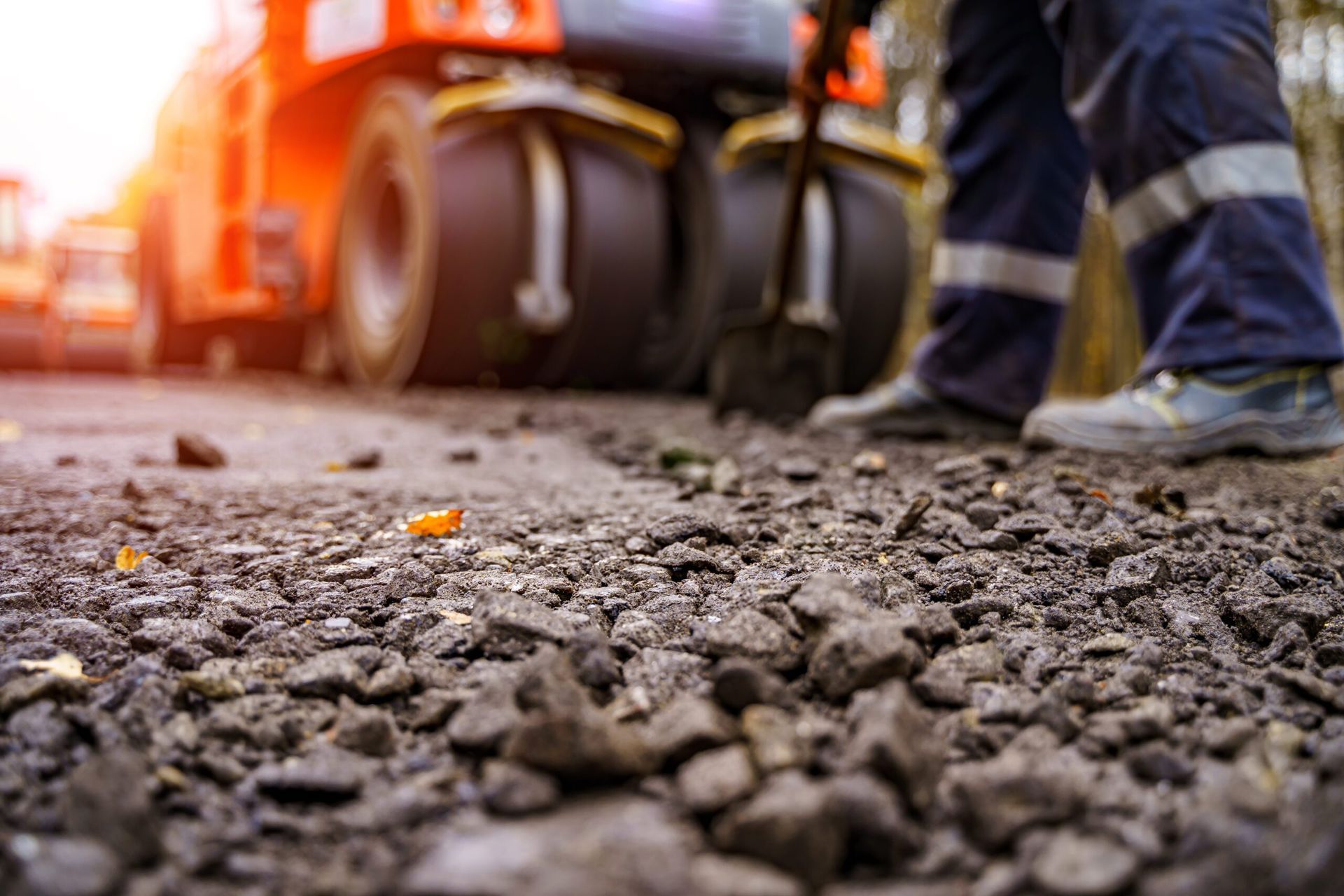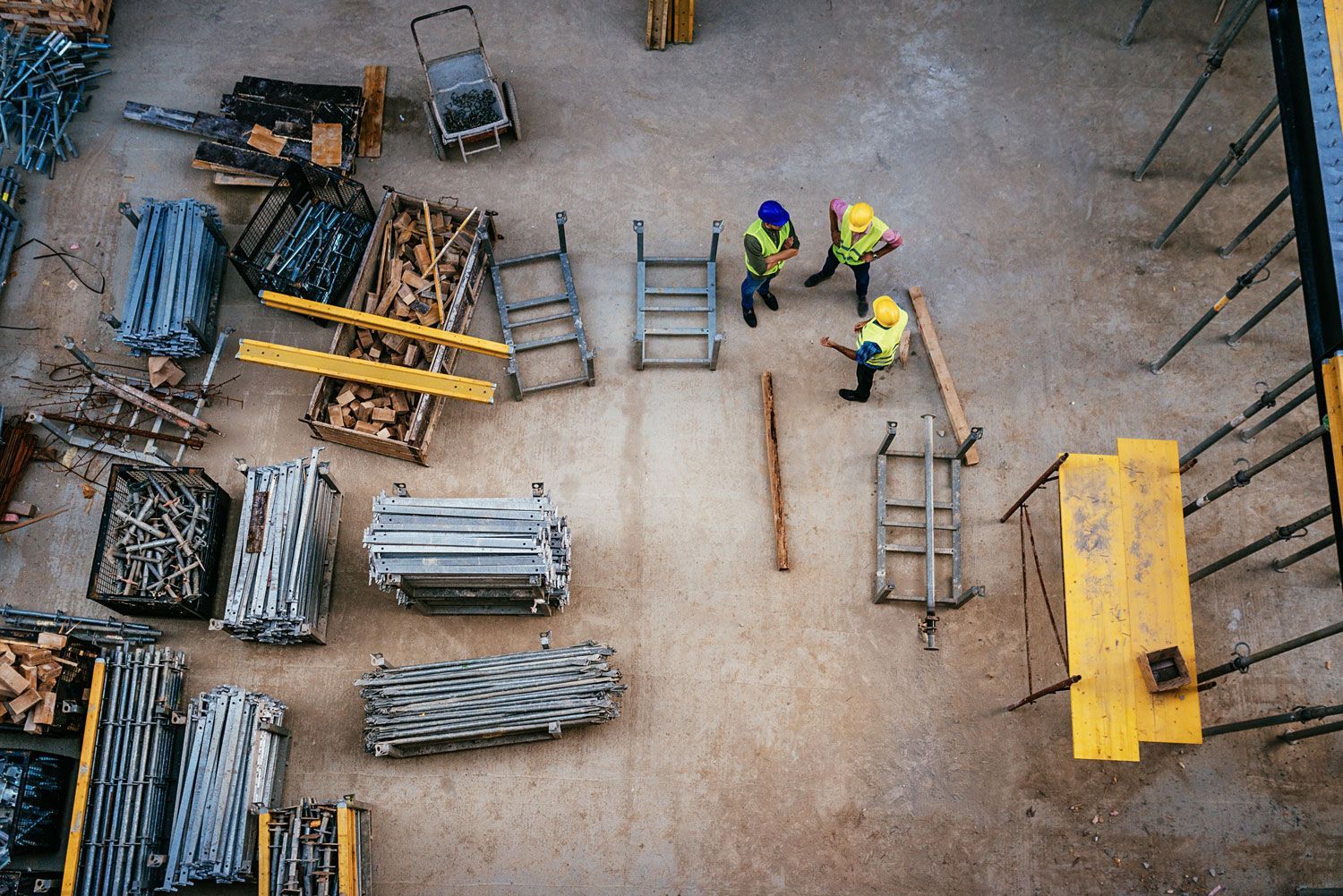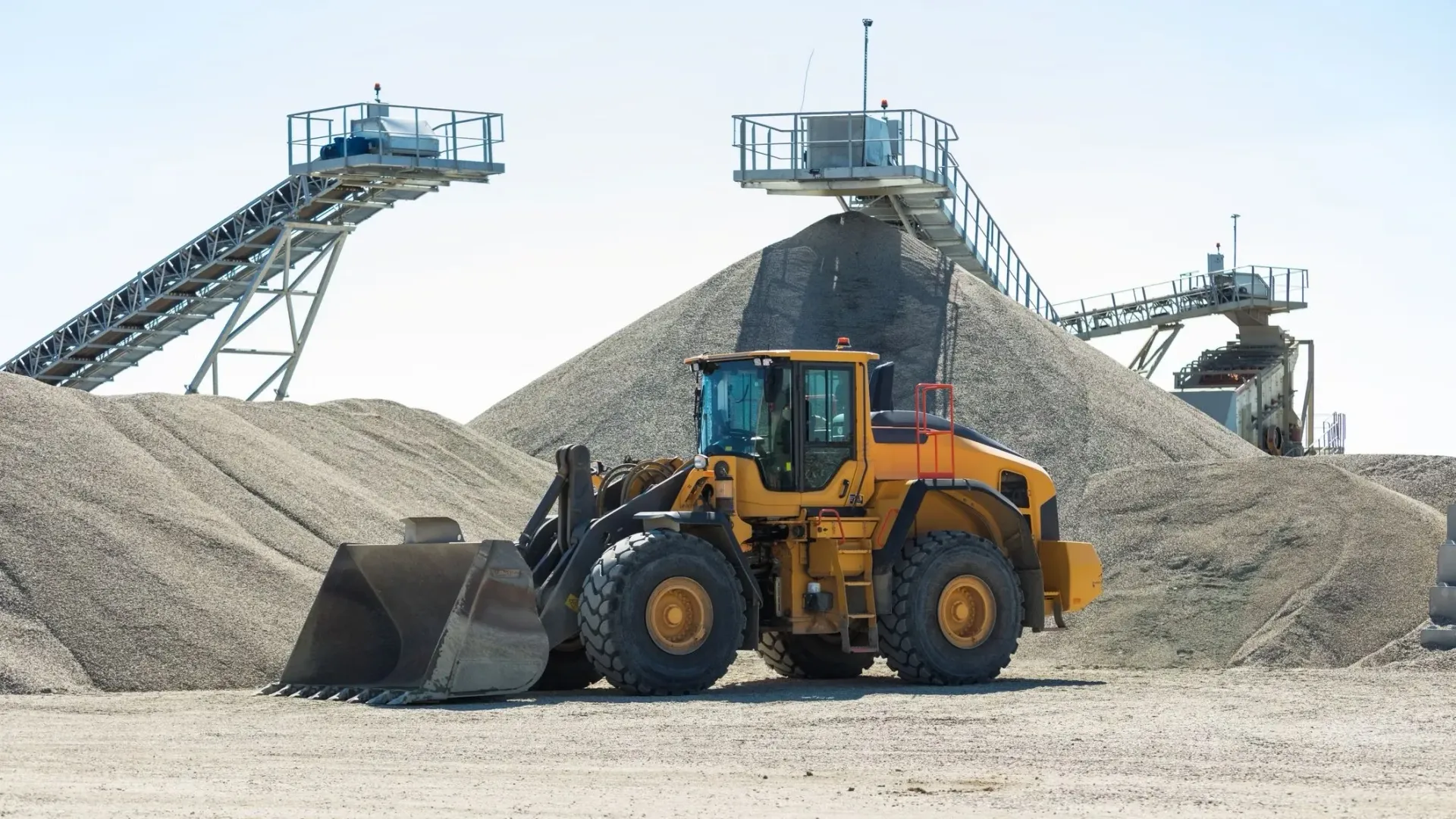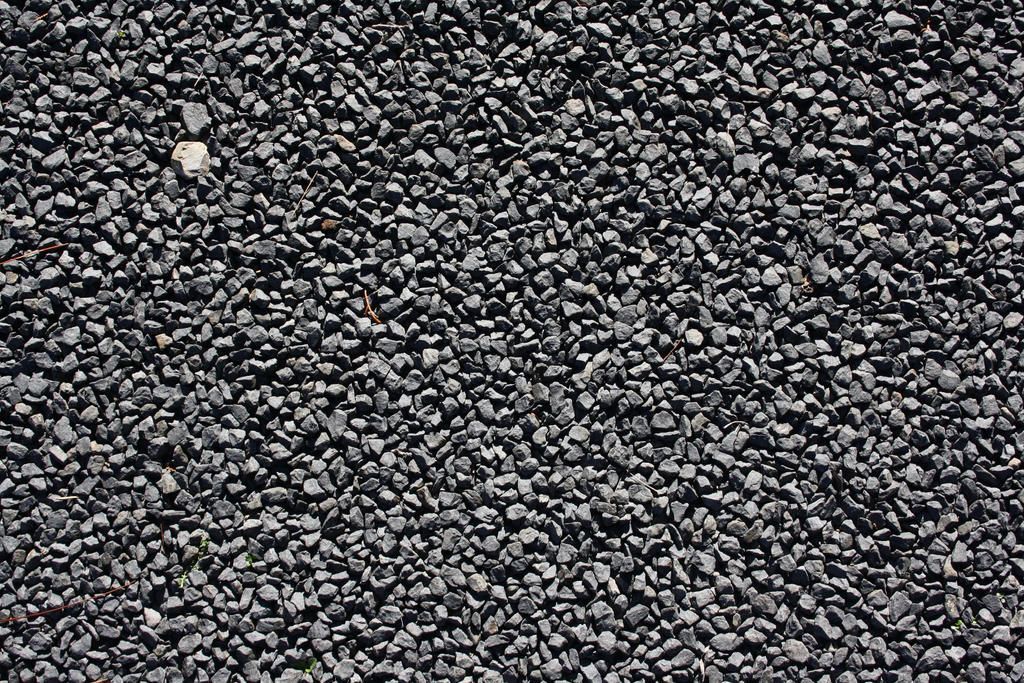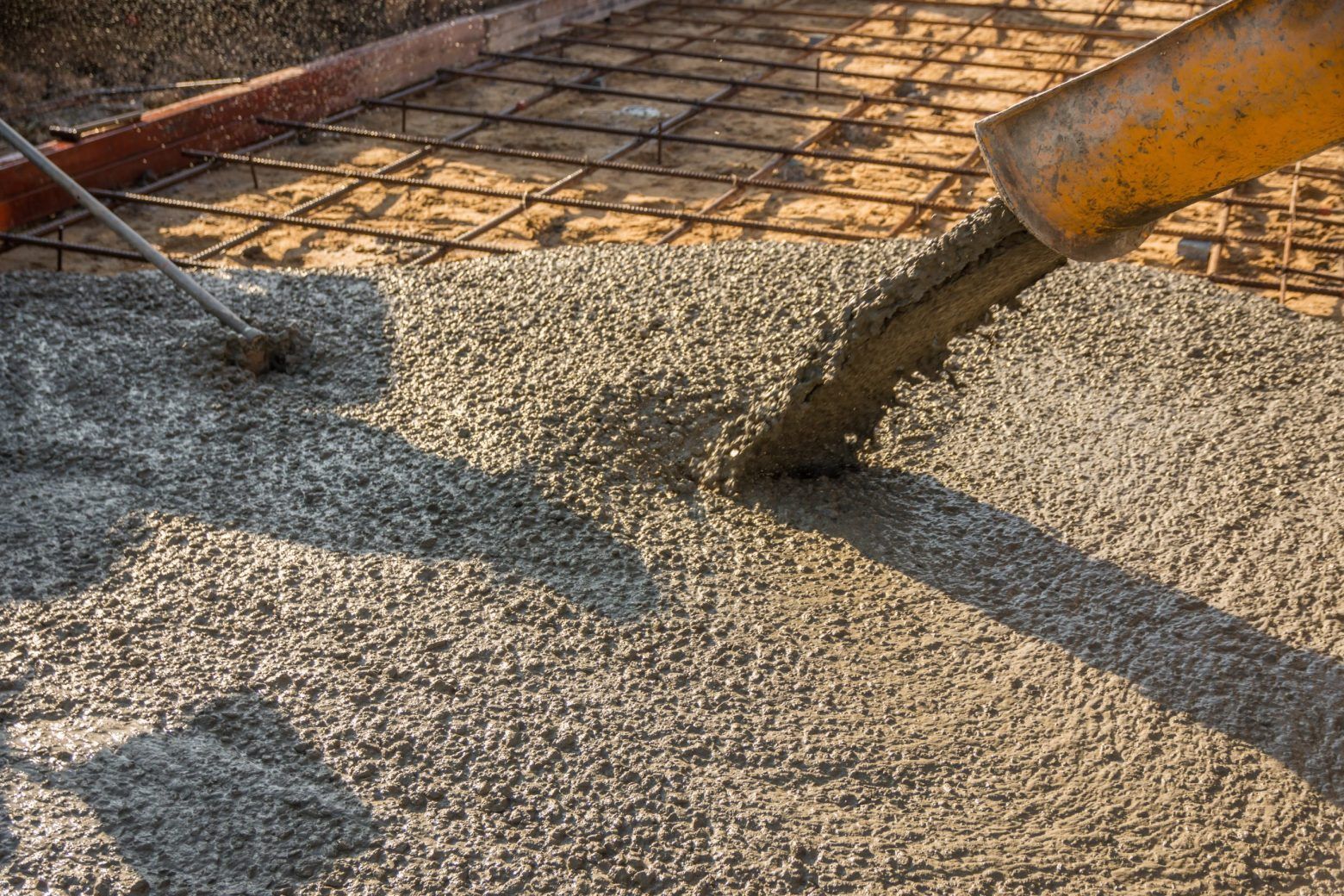Landfill Tax: What Exactly Is It and Why Does It Matter?
Not only are landfill sites unstainable but they also cause significant damage to the environment. Landfill tax, therefore, is an economic incentive that seeks to reduce the amount of waste sent to landfill sites by businesses, local authorities, and other organisations. Read on to understand more about landfill tax and learn how much you may have to pay.
What is landfill tax?
Landfill tax is an extra environmental tax that you must pay when you dispose of any waste at a landfill site - this will be added on top of any normal landfill fees and is charged by weight. The UK government licences all landfill sites and charges the tax for organisations to use them.
The purpose of landfill tax is to force companies to consider alternative routes for waste. By imposing a financial burden on landfill use, the tax aims to shift behaviours and attitudes towards more sustainable practices such as recycling and reuse.
Who pays it?
Any business, local authority or organisation that sends waste to a landfill site must pay landfill tax. Operators of a landfill site with a licence or permit to authorise disposal in or on the land have to pay landfill tax. If the licence holder doesn’t operate the site then normally the controller of the site is liable for landfill tax. It’s important to understand that households do not have to pay landfill tax - this is because local councils and authorities are responsible for removing household waste and will therefore pay landfill tax when transporting general waste to landfill sites and pass on the costs through council tax charges.
What are the current rates in Scotland?
The Scottish Landfill Tax (Standard Rate and Lower Rate) Order 2023 has now been approved by the Scottish Parliament and came into effect on 1 April 2023. As a result, taxable disposals made or treated as made on or after 1 April 2023 will be subject to the following rates of SLfT:
● Standard rate: £102.10 per tonne;
● Lower rate: £3.25 per tonne.
The lower rate typically applies to inert or inactive waste (such as metal, wood, bricks, concrete, and construction materials), while the standard rate is for active waste, but there are exemptions.
At William Thompson & Son, we run an eco-friendly landfill site that is situated in a former quarry. This site is fully S.E.P.A. licensed and is dedicated to maintaining a positive impact on both the local landscape and environment as a whole. Whatever your professional waste removal needs are, we are fully committed to provide an efficient and environmentally sound service.
Contact us today to find out more about our comprehensive services.
